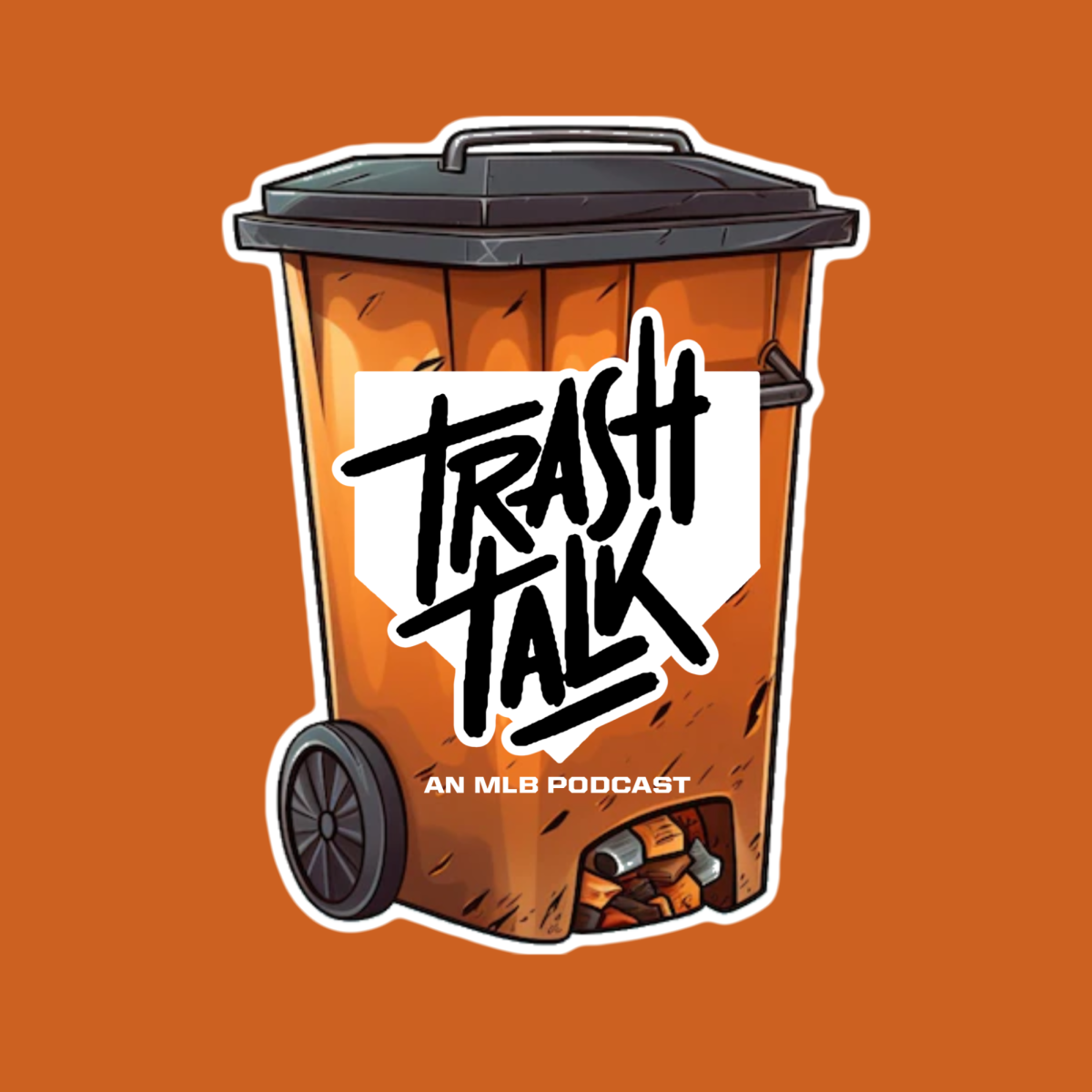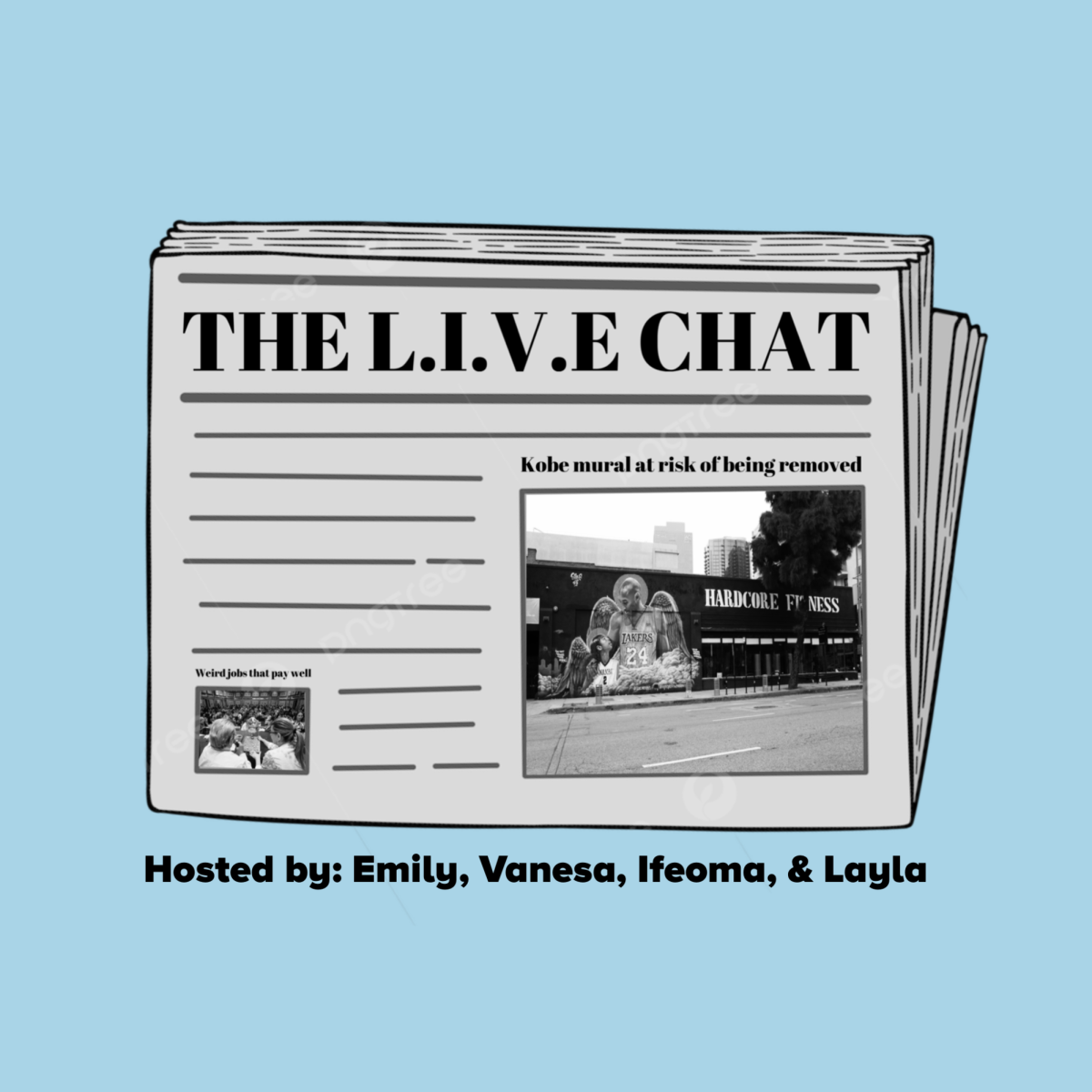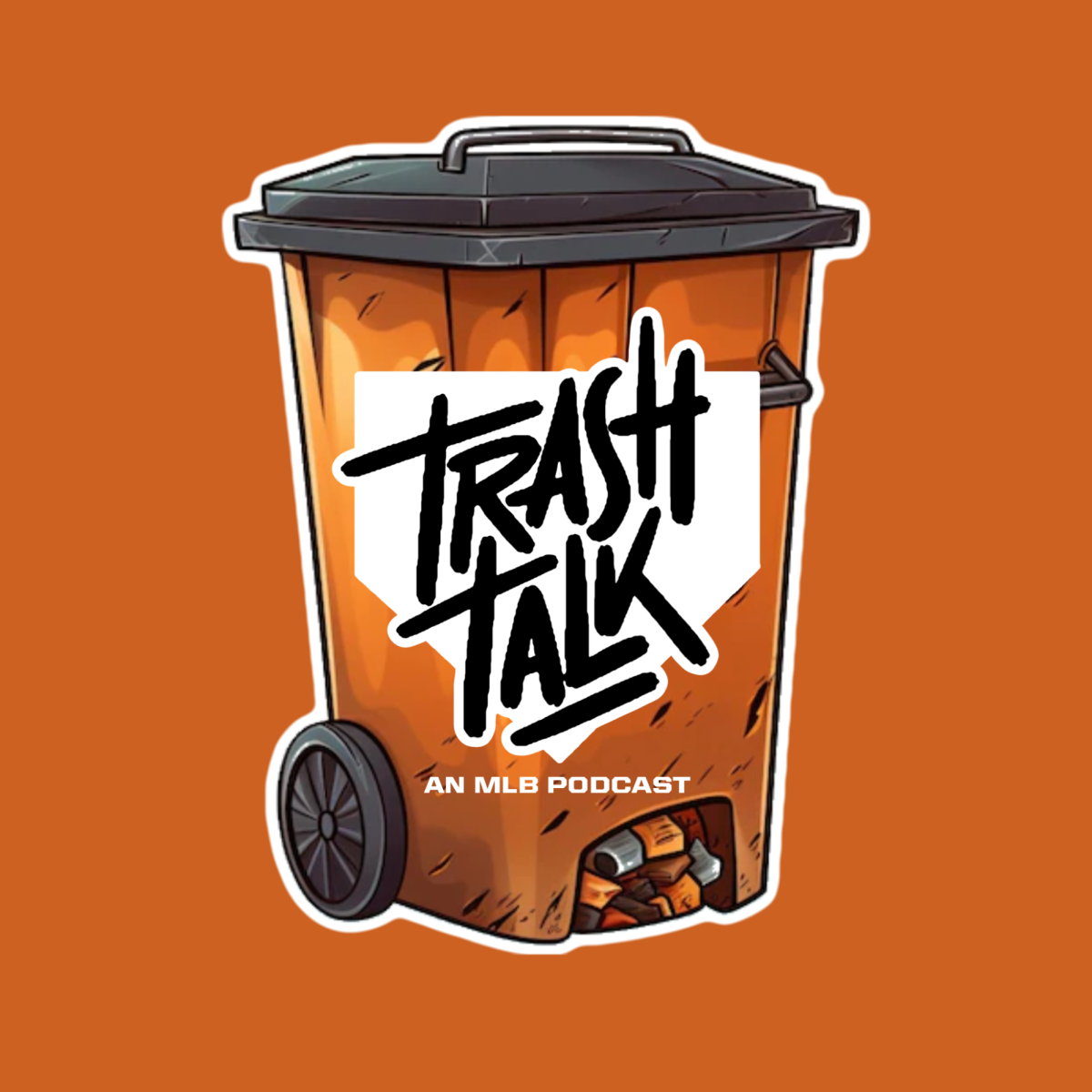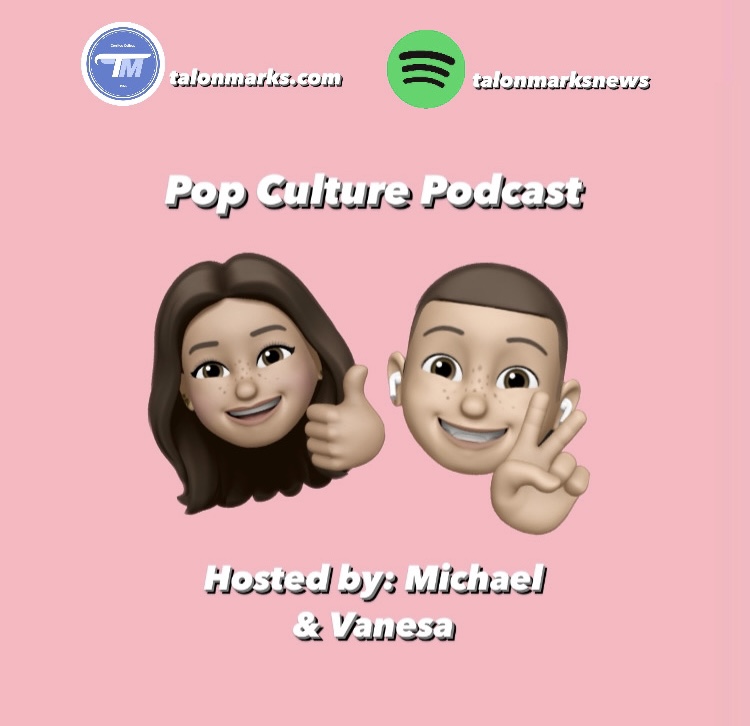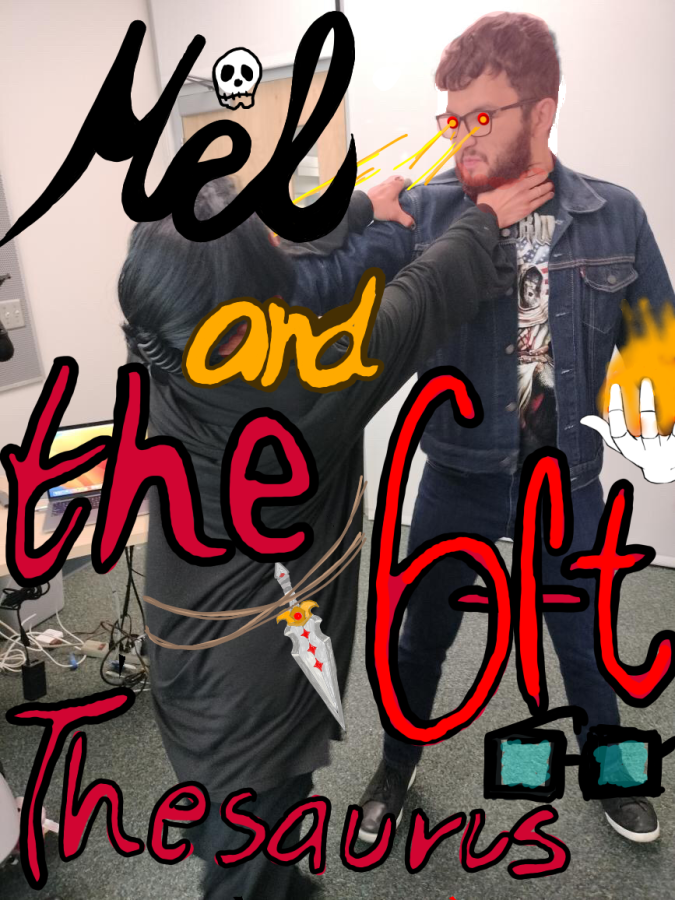https://soundcloud.com/talonmarks/falcon-interview-1-42817-315-pm
Hi, I’m professor Dennis Falcon, I been teaching political science here at Cerritos College for 20-years.
In the history in the United States, immigration, conflict over immigration is been an issue politically and socially, going back obviously to the beginning of the country.
And we start it to see that historically government in the United States and the conflict over the immigration, it always lead to periods of extreme conflict, fear, reaction, government action, and cycle, that we see we are currently in right now.
It is a cycle like with most others issues, remember history cyclically, I mean, a lot of people believed that, that we see a lot of people come and go in America history.
So, the immigration issue in that context is no different, their time period is when basically based on the American economy, and the needs of the America economy. When immigration and the benefits of immigration including things like, cheap labor etc., and just men power, people power to do sort jobs. During times like that in U.S. history, immigration is not the problem, in fact, shorter the workers is the problem. And during those time periods do American history United States it basically opens its arms and its heart and fields and its factories to immigrants. And during those time periods, you see great waves of immigration, whether is from Asia, South America, Central Latin America, Mexico, other parts of the world including Europe, right. When immigration, is actually something that is welcome in the United States, and it place some of our special values, about inclusiveness, and fairness and equality, and justice.
Yet, there also things that happened in history that can impact that, it can as simple as an economic down term in the United States, or it can be something like the discovery of gold in California, and the gold rush, and goldminers who are primarily Caucasian and white, in the North West in California, for example out of the sudden fearing the competition of Chinese worker who were in the United States. Actually, taking advantage of the you fund wealth, and competing for those resources and for the money to be made. And is just one example, so that depending on what’s is happening in the United Estates economically. Things like the gold rush, on and on and on the great depression on the 1930s, late 20s, early 30s, in the United States. Things that we have absolutely no control over, as human beings in the society can have a major impact, in due on immigration issue in the United State.
It could be war break out in Mexico. You could have strived in Central America like the revolutions in Nicaragua, El Salvador in the 1970s and 80s, you could have the Soviet Union collapse in the 1980s and 90s, the ripple effects the destructive ripple effect across Europe, the war and terror, things like Syria. So, depending on what is happening around the world, that has an impact, a profound impact on the immigration issue, because the immigration issue of course, that is hard is an issue of inclusiveness in the United States. Who fits, who belongs, do we have room, do we have resources, so is about our community, so during times of fear whether is based on war economic issues, during times of fear people tempt to close, close themselves, community tempt to close themselves. And so, at that time it’s easier to want to exclude people to scape go, to blame others and of course is always easy to scape go and blame people who ‘re different. And so, of course in the United States whether that was discrimination against African Americans on some point on our history or discrimination against Asians and we have also historical discrimination against Latinos.
People from Mexico, people from Central America, people don’t speak English, so in that sense, immigration issue that we are seen today in the way is playing out is just like the latest example of how role events, things that happening in society can basically like it tangle up with the immigration issue. And in this case it becomes very polarizing in our society, and that’s easier, it’s easier to polarized an issue like this to get people to pick sides. And very passionately, firmly they want to support their side, so they stop listening and talking to each other, actually they stop looking for solutions because they just want to beat their chest, we basically saw that taking advantage of the Trump presidency by the Trump campaigned specifically and for the year of campaigning where he basically used the immigration issue. And Latinos specifically as the scape go to novelize the passions of people that he need it to win the election. This is just the latest example, this is not the first time and it won’t be the last time.




